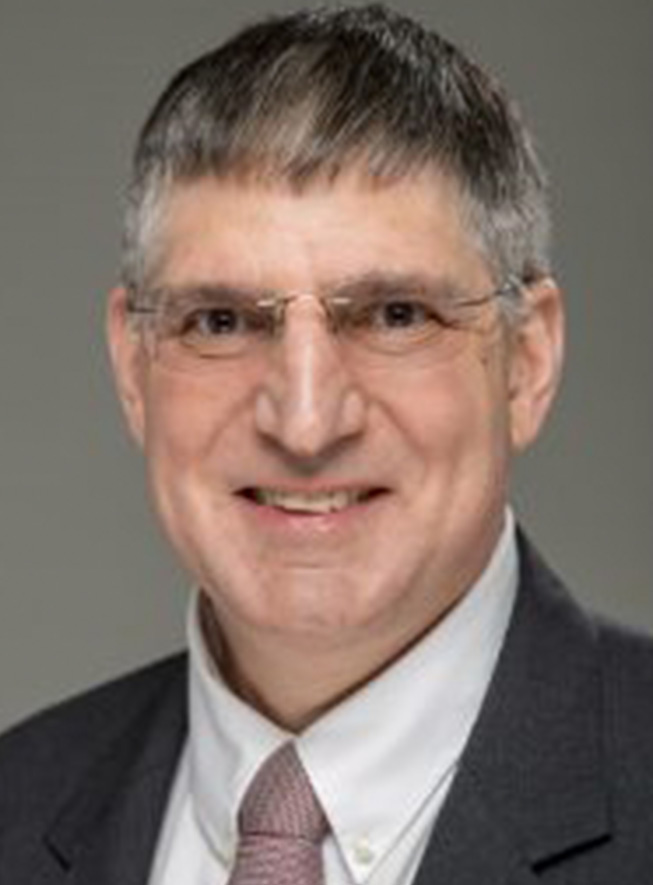Professor Jonathan Rubin (Director, MCS Policy Center)

Contact Information
Office: 302C Winslow Hall
Phone: 207.581.1528
E-mail: rubinj@maine.edu
Education:
Ph.D. Agricultural Economics, University of California, Davis
M.A. Economics, University of Washington
Fields: Environmental Economics, Transportation Economics, Energy Economics
Interests: Transportation Energy Policy, Economics of GHG Mitigation, Climate Policy
Short bio: Jonathan Rubin is the Director of the Margaret Chase Smith Policy Center and Professor of Economics at the University of Maine. Rubin received his PhD in Agricultural Economics from the University of California, Davis. He is a member of the Energy Committee of the US Transportation Research Board of the National Academies of Sciences, Engineering and Medicine and a member of the Science and Technical Subcommittee of the Maine Climate Council. He was a Fulbright Canada Research Chair in Environment and Economy, Institute of the Environment, University of Ottawa, Canada in 2021-22. Dr. Rubin specializes in the economics of energy, light-duty transportation, greenhouse gas emissions and alternative fuels. His research investigates the environmental impacts of connected autonomous vehicles, low carbon transportation fuels and biofuel pathways.
Teaching: Professor Rubin has taught a variety of undergraduate and graduate course offerings at UMaine, including Environmental and Resource Economics, Microeconomics, Energy Economics, Public Finance, Environmental Policy, and Sustainable Energy Economics and Policy.
Networks: LinkedIn; Google Scholar
Research Program
Dr. Rubin specializes in the economics of energy, light-duty transportation, greenhouse gas emissions and alternative fuels. His research investigates the environmental impacts of connected autonomous vehicles, low carbon transportation fuels, biofuel pathways, and the potential economic and environmental impacts from trading greenhouse gases and fuel efficiency credits for automobiles and light-duty trucks. Dr. Rubin’s research has been supported by the US State Department, the National Science Foundation, the US Environmental Protection Agency, and the US Department of Energy.
